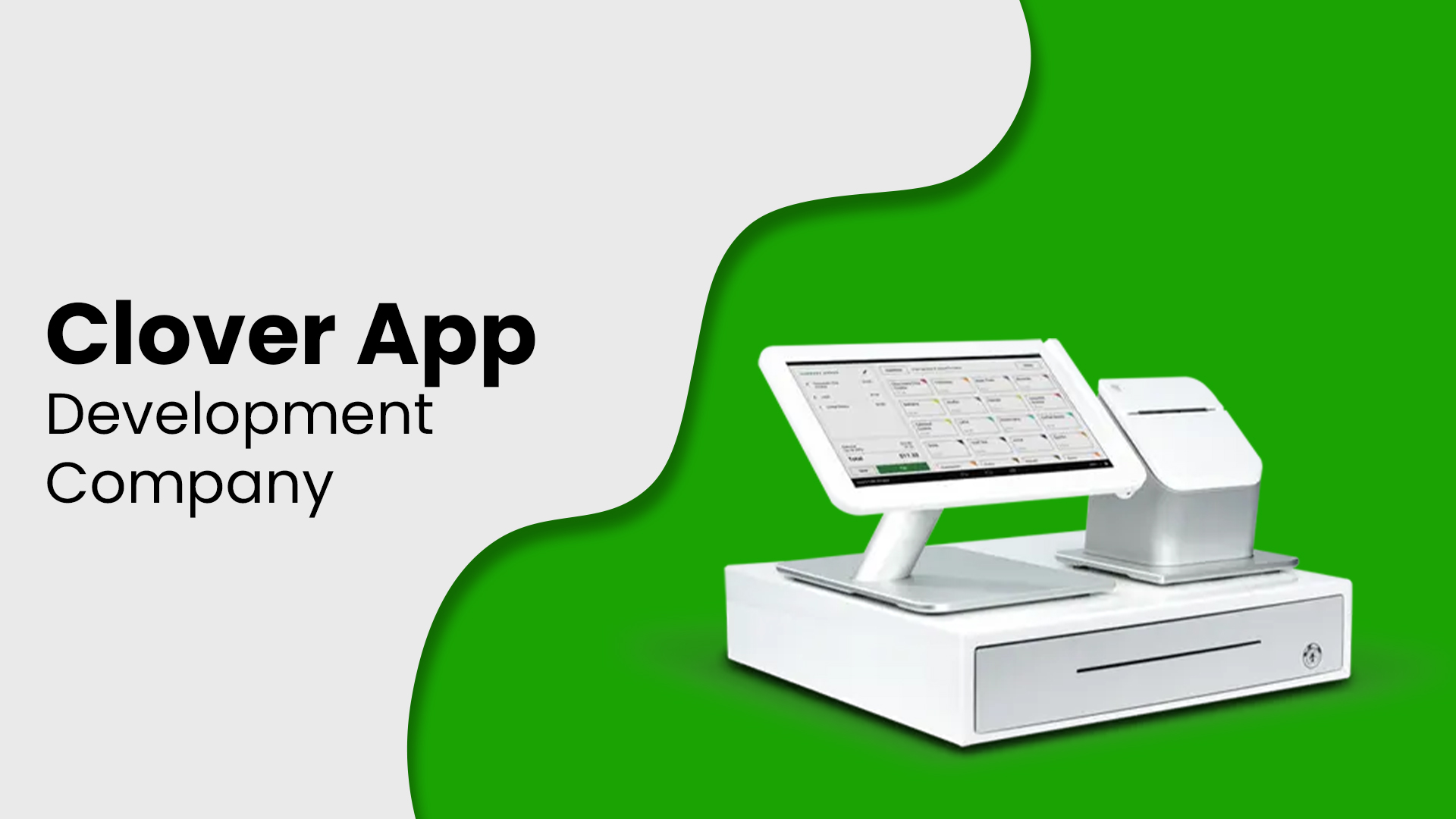
The Clover POS system has become a popular choice for businesses looking to streamline their payment processing and management operations. With its robust ecosystem and flexibility, it provides an excellent opportunity for developers to create custom apps that cater to specific business needs. Whether you are a business owner looking to enhance your POS functionality or a Clover app development company exploring new services, this guide will take you through the essential steps for creating a custom app for the Clover POS system.
Step 1: Understand the Clover POS System
Before diving into development, it’s essential to familiarize yourself with the Clover platform. Clover provides hardware, such as terminals and card readers, along with software tools that enable businesses to process payments, manage inventory, and access customer data. Clover’s App Market allows third-party developers to offer custom apps that enhance the platform’s functionality.
As a developer, you’ll be working with Clover’s open APIs and SDKs to build your application. Understanding the available features and limitations of the Clover POS system is crucial to creating a successful app.
Step 2: Define Your App’s Purpose and Features
Identify the specific business problem your app aims to solve. For example, does it:
- Automate inventory management?
- Enhance customer engagement through loyalty programs?
- Provide advanced reporting and analytics?
Once you have a clear objective, list the features you want to include. These could range from user interface design to integrations with other business tools. A Clover app development company can help businesses refine their ideas and create a blueprint for the app.
Step 3: Register as a Clover Developer
To begin developing for Clover, you’ll need to sign up for a developer account at the Clover Developer Portal. Once registered, you’ll gain access to the following resources:
- APIs: Clover provides RESTful APIs for accessing and managing data on the platform.
- SDKs: Use Clover’s Java and Android SDKs to create apps tailored for specific hardware.
- Developer Sandbox: A testing environment to simulate real-world conditions without affecting live data.
Step 4: Build Your App
Follow these steps to start coding your app:
- Choose the Right SDK or API: Depending on your app’s functionality, you may use Clover’s Java SDK, Android SDK, or REST APIs. For example:
- Use the Android SDK for apps that run directly on Clover devices.
- Use REST APIs for web-based apps that integrate with the Clover system.
- Develop the User Interface: Ensure that the UI is intuitive and aligns with Clover’s design guidelines. The app should be easy to navigate for end-users.
- Integrate Functionality: Add the necessary features, such as payment processing, inventory management, or reporting capabilities.
- Test Your App: Use the Developer Sandbox to test your app thoroughly. Simulate various scenarios to ensure it runs smoothly and handles edge cases.
Step 5: Submit Your App to the Clover App Market
Once development and testing are complete, you can submit your app to the Clover App Market. Follow these steps:
- Prepare Documentation: Include a detailed description of your app, its features, and how it benefits users.
- Set Pricing: Decide whether your app will be free, freemium, or subscription-based.
- Submit for Review: Clover’s team will review your app to ensure it meets their quality and security standards.
- Publish: After approval, your app will be available for download on the Clover App Market.
Step 6: Offer Ongoing Support and Updates
Launching your app is just the beginning. Monitor its performance and user feedback to identify areas for improvement. Regular updates can help maintain compatibility with new Clover hardware and software versions. Many businesses partner with Clover app development services to ensure their app remains up-to-date and competitive in the market.
Why Partner with a Clover App Development Company?
Building a custom app for Clover requires technical expertise and an understanding of the platform’s ecosystem. A professional Clover app development company can:
- Help define app objectives and features.
- Streamline the development process using their experience with Clover’s tools.
- Provide ongoing support and updates to keep the app running smoothly.
By leveraging Clover app development services, businesses can save time and resources while ensuring their app delivers maximum value.
Conclusion
Developing a custom app for the Clover POS system can significantly enhance business operations and customer satisfaction. By following this step-by-step guide, you can create a solution that meets your needs or those of your clients. For businesses seeking expert guidance, partnering with a Clover app development company ensures a seamless development experience and a high-quality end product.
Ready to bring your app idea to life? Explore Clover app development services today and transform your business operations.





Leave a Reply